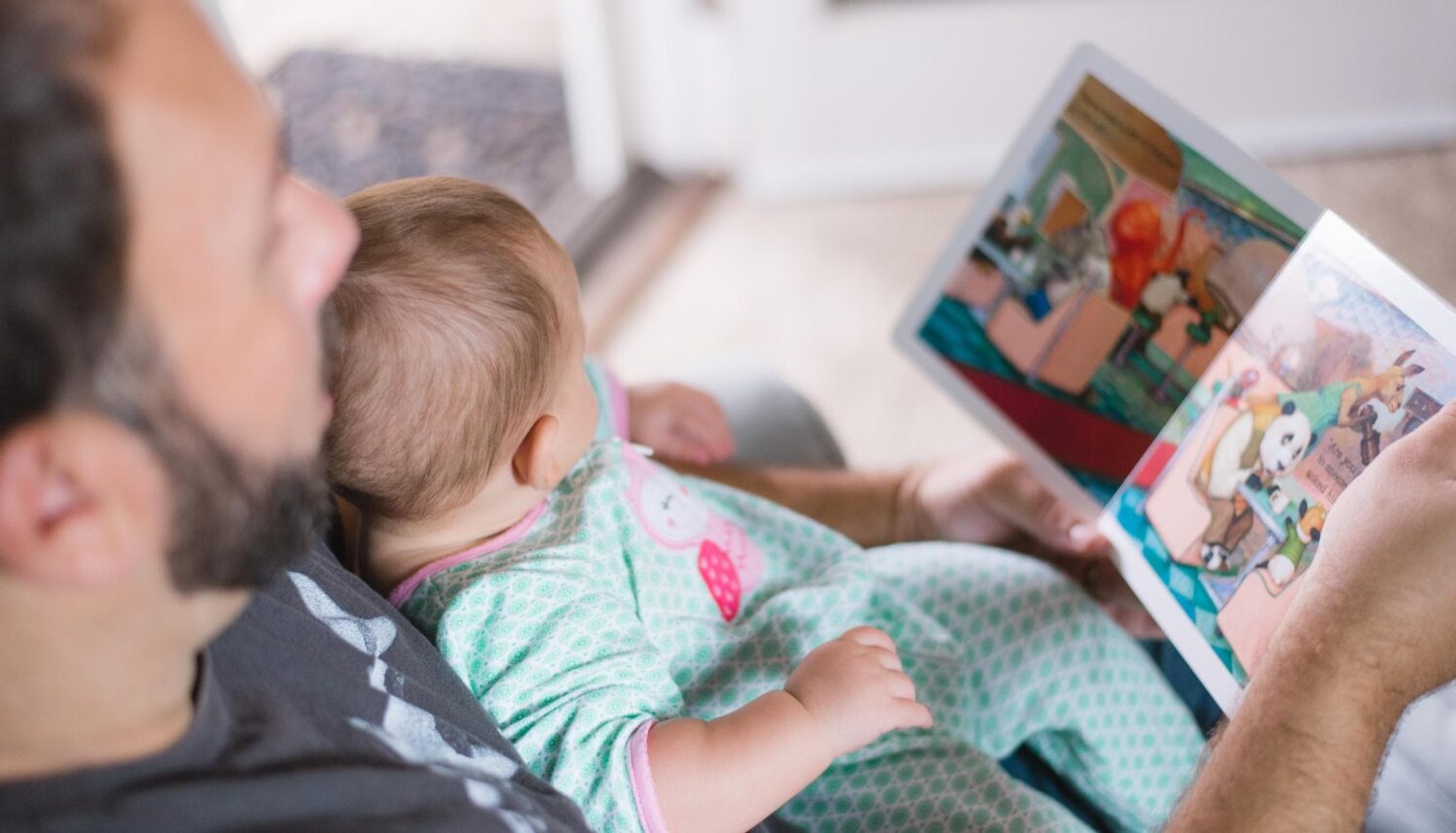The Strong Starts Court Initiative is a Family-Court based, specialized, intergenerational collaborative approach to handling abuse and neglect cases involving children birth to three years of age.
Even systems designed to protect and serve individuals and families can result in further harm and inequitable outcomes. The Center designs and implements evidence-based and trauma-informed programming to prevent such negative outcomes. The Center works to reduce and prevent system involvement and interrupt intergenerational cycles of trauma, especially for parents with very young children at a critical and vulnerable stage of brain development, through tailored interventions. The Strong Starts Court Initiative, based on the national Zero to Three Infant Toddler Court Team model, brings expertise in early child development and trauma to Family Court Child Welfare proceedings so that the court can become a catalyst for positive change in the lives of young children and their families.
More About the Program
There are more than 16,000 infants and toddlers with active cases in the Family Courts in New York State and 7,000 in New York City alone. These children, who essentially start life in the child welfare system, often face serious adversities such as maltreatment, trauma, and attachment disruptions impacting their formative years. They also face systems-adversities, including removals, minimal contact between parents and children in foster care, multiple moves in foster care, and abrupt changes in caregivers. All these attachment disruptions increase stress — including trauma—for infants and toddlers, and can result in lifelong impairments in health, social competence, and learning. Positive experiences, on the other hand, can set a secure foundation for physical and emotional well-being.
In order to promote the well-being of these very young children, Strong Starts utilizes a strengths-based approach to working with parents, provides tailored supports for parenting young children, and strengthens attachment relationships through referrals to dyadic services such as Child Parent Psychotherapy. By doing so, Strong Starts helps the parents it works with, almost half of whom were child welfare involved themselves, break cycles of trauma and system involvement. The overall systemic goal of Strong Starts is to integrate an infant mental health perspective into all aspects of Family Court practice; to help judges, attorneys, and child welfare staff apply the foundational principles of infant mental health in their day-to-day practice, and to make decisions with a focus on the child’s experience prior to and during the court process, as well as on the impact of these experiences on the child’s short-term and long-term outcomes.
Strong Starts is a systems change approach that educates judges and attorneys about infant brain development, attachment theory, and trauma’s impact on young children and their parents via individual case work, clinical consultations in the courthouse and pre-filing, and quarterly training for all stakeholders. Child- and family-level goals include reducing maltreatment, helping cases resolve more efficiently, keeping or reunifying children with their parents as much as is safely possible, and improving family relationships and well-being.
A key component of the Strong Starts model is a full-time Clinical Coordinator with infant mental health expertise. The Clinical Coordinators conduct comprehensive clinical assessments; give service referrals to build parenting capacity and address the needs of young children; and provide guidance, case management, advocacy, material assistance, and psychoeducation about early childhood development through clinical conferences and the provision of comprehensive court reports. Based on clinical assessments, Strong Starts Clinical Coordinators help build a service plan for each family to address children’s needs as well as provide many supports for parents to be able to safely care for their children. Instead of standard services with questionable efficacy, such as generic anger management, Strong Starts Clinical Coordinators identify evidence-based services to address families’ specific needs and what brought them to the attention of the Family Court in the first place.
A mixed methods evaluation of Strong Starts published by the Center in 2021 showed:
- Increased efficiency for Strong Starts cases due to a collaborative approach, including monthly clinical conferences and a detailed clinical report to inform judicial decision-making;
- Tailored service referrals were noted as a particular strength of the Strong Starts Court Initiative;
- Increased parent engagement in the court process and a procedurally just approach that made parents feel their voices were valued in the process;
- System-wide practitioner education so that professionals can leverage early childhood mental health knowledge beyond the Strong Starts caseload and improve their practice for many more children and their families.
- A reduced likelihood of future abuse and neglect petitions;
- Enhanced family well-being, as parents and caregivers reported increased knowledge of early child development, improved relationships between caregivers and children, and supported navigation in the child welfare system;
- Improved professional practice in terms of judges’ and attorneys’ understanding of early childhood mental health, and judges’ and attorneys’ knowledge of available resources and interventions for children and families.

